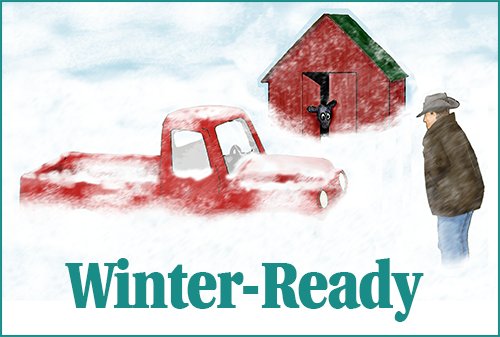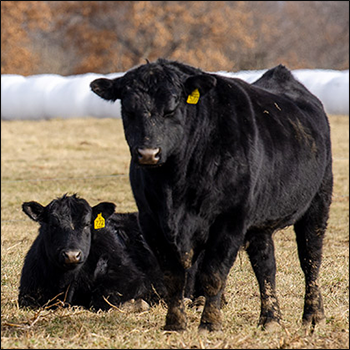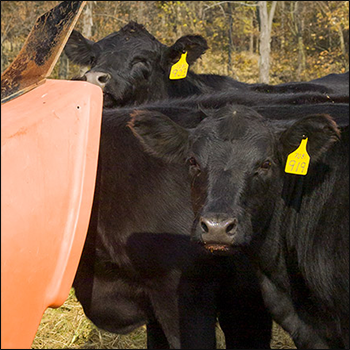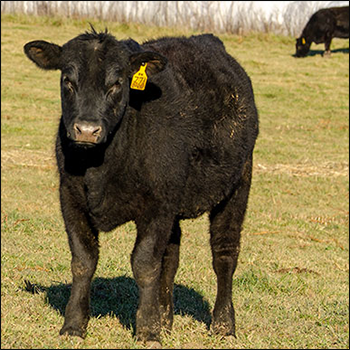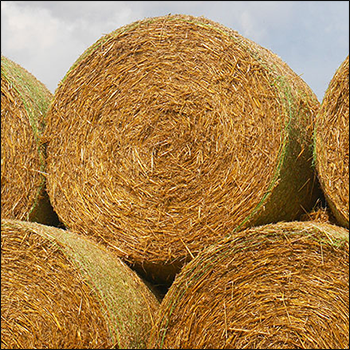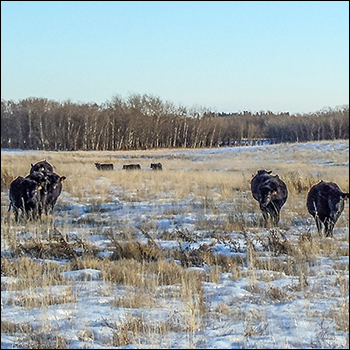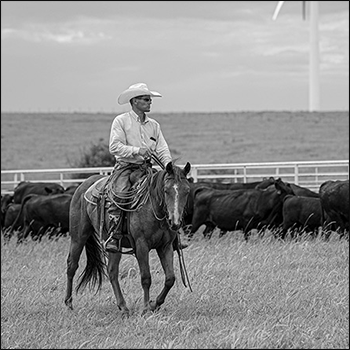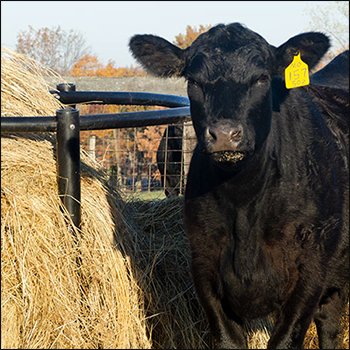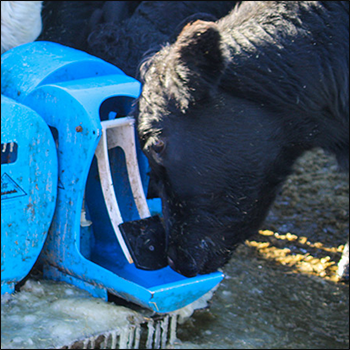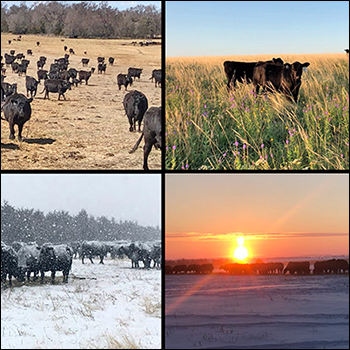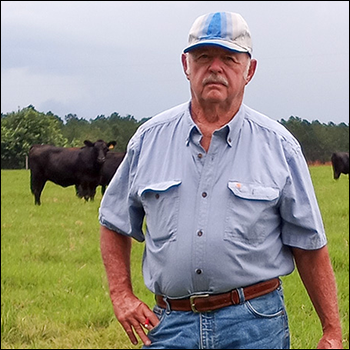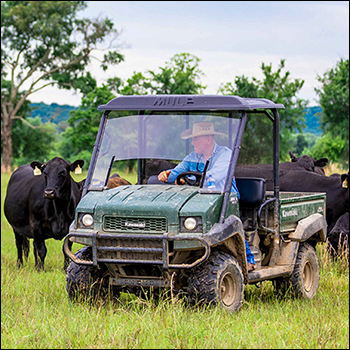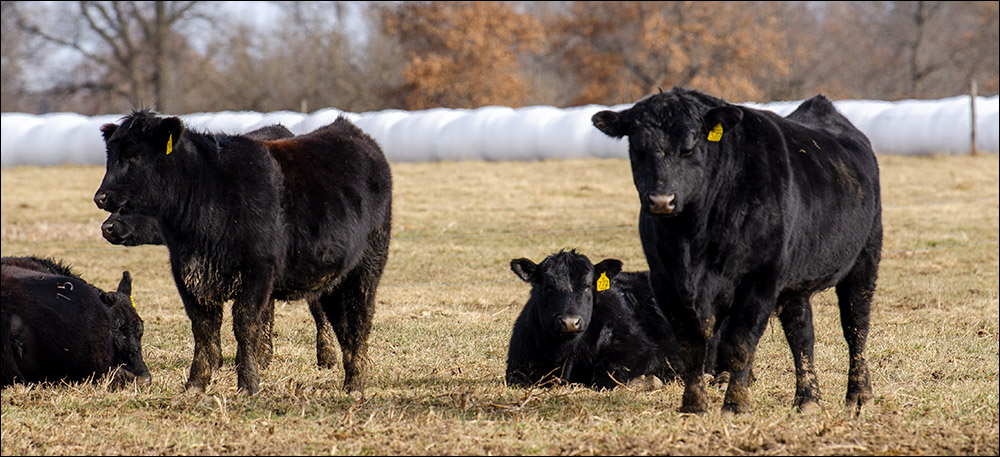
Winter Management Tips for Bulls
Tips to keep bulls comfortable and functional during the winter.
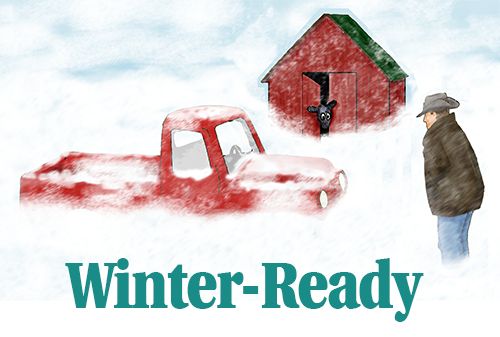
Bulls need good care in winter and a chance to regain body condition if they lost weight. The best situation is to keep them separate from the cows. Some bulls, especially young ones, lose a lot of weight during breeding season. They need to be fed differently than the mature bull in adequate condition that may be able to coast through winter on a good maintenance ration.
Many bulls don’t need grain. Good-quality forages — like a high-quality grass-legume mix or a green feed — are generally adequate, depending on the bull’s genetics and body condition. Postbreeding management is important, and it pays to start early to allow thin bulls to put weight back on gradually. You want the bull to be in proper body condition before cold weather. Winter nutrition needs to start in the fall.
Regarding health care, John Kastelic, professor of cattle reproductive health at the University of Calgary, reminds producers to keep up regular vaccinations for the bulls. Deworming may also be helpful, depending on the parasite issues on a certain farm or ranch.
“If bulls are confined, it’s also important to feed in a bunk rather than on the ground to break the fecal-oral transmission of disease,” he says. “If bulls are out on pasture and fed hay or pellets, try to feed on clean ground.”
Clean, unfrozen water, with minimal fecal contamination, is also important. A water source can be fenced off and the water piped to a trough or delivered via nose pump or other system to keep it from freezing and to keep it clean. Bulls can get by on snow in some situations; however, they do better with adequate water. Snow may become crusted and hard to consume.
“If you want to optimize performance, they need water,” he explains. “If they don’t drink enough, they won’t eat enough.”
Bulls should always have access to a salt/mineral mix to make sure their needs are met. Mineral deficiencies can lead to health issues and poor fertility. Check with your veterinarian, nutritionist or local extension educator to know what type of mineral supplement might be needed. After doing feed tests on your forages and bull rations, they can help to balance the diet and make up for deficiencies in the feed.
Bulls need adequate feed to maintain body condition, with extra feed in cold weather to help them keep warm without having to rob body fat and lose weight.
Bulls should have proper scrotal structure with a well-defined scrotal neck (to be able to raise and lower the testicles).
Kastelic explains: “Bulls with the scrotum always tucked up against the belly can’t drop the testicles down adequately in hot weather. You also don’t want a bull with an excessive scrotal neck, with testicles hanging too low. You don’t want the bottom of the scrotum below the point of the hock. Those bulls are more prone to frostbite and also to trauma.”
To prevent frostbite, bedding is important. It helps prevent bulls from lying on frozen ground or snow, or sleeping in a wet, filthy environment. Bulls that are covered in frozen mud and manure lose much of the insulating quality of their hair coat.
Lice can often be an issue in winter if bulls were not deloused or if the treatment was provided too early in the fall. They may be itchy and rubbing out hair before spring. In this situation they should be treated or retreated for lice. You don’t want them rubbing and losing hair in cold weather.
Editor’s note: Heather Smith Thomas is a cattlewoman and freelance writer from Salmon, Idaho. Photo by Shauna Hermel.
